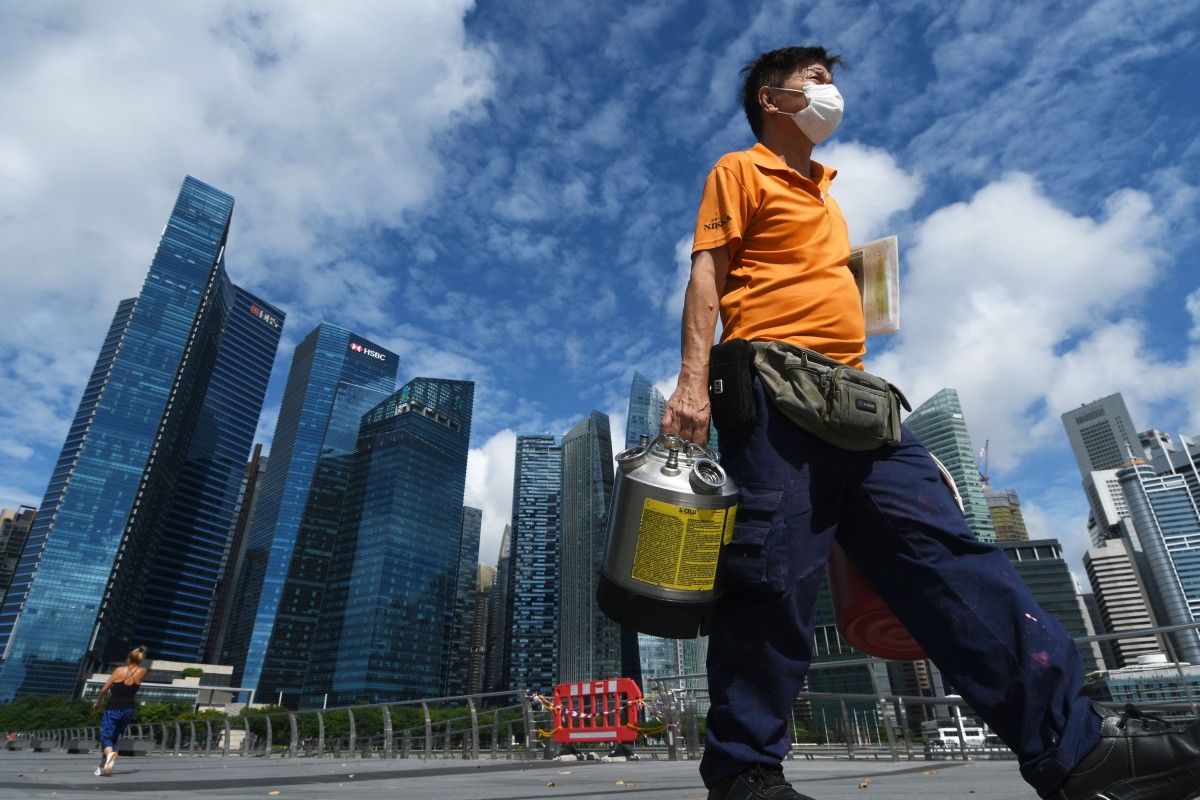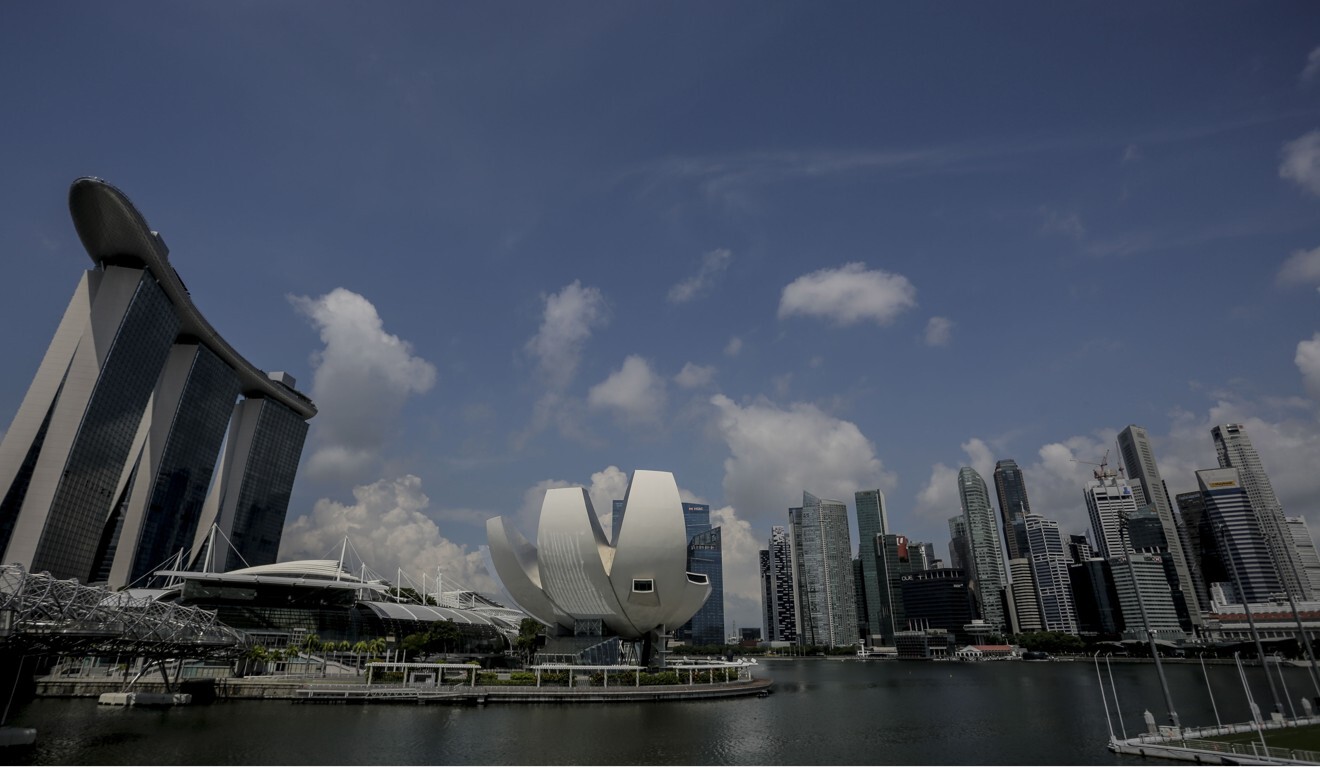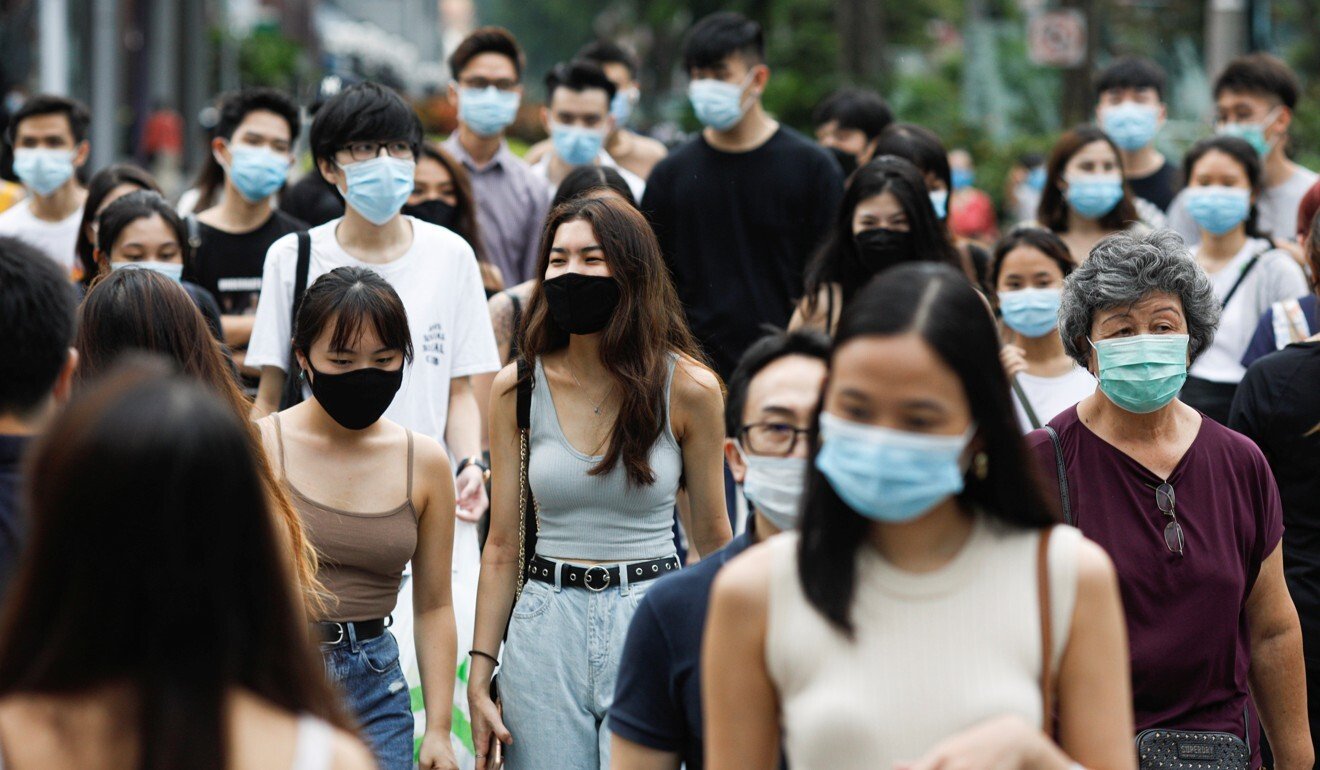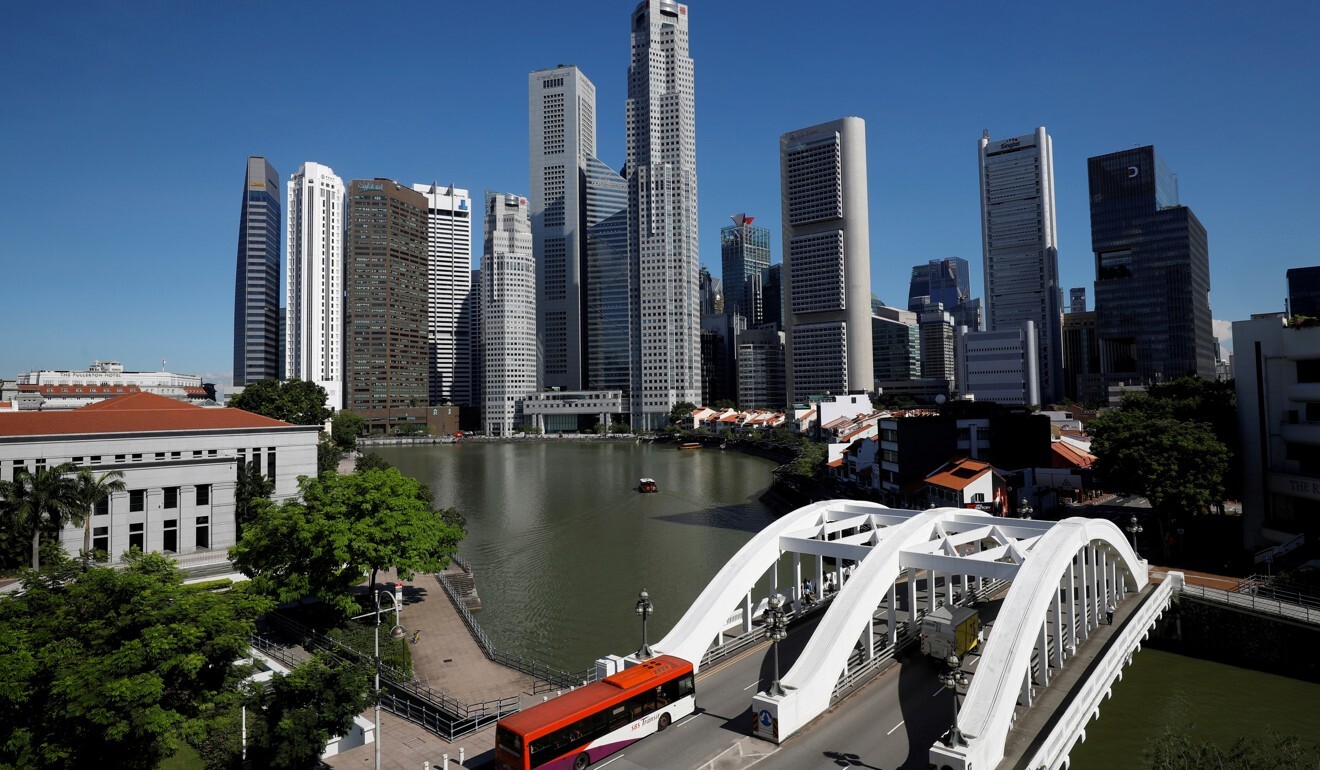
MANILA – The Philippines is slowly but surely pushing back against China in the disputed South China Sea, a reflection of revived strategic relations with the United States and a rising need to secure new indigenous energy sources amid an impending economic crisis.
Philippine Department of Energy (DOE) and Department of Foreign Affairs (DFA) officials are now lobbying President Rodrigo Duterte to resume stalled energy exploration in the sea to shore up the nation’s sagging energy security and reassert sovereign claim to seabed energy resources contested by China.
Meanwhile, the Department of Justice (DOJ) is pushing for Chinese compensation for Filipino fishermen who nearly drowned during an incident last year in which a Chinese militia vessel sank their wooden boat, named F/B GimVer 1, in waters near the contested and energy-rich Reed Bank.
The distinct and firm shift in the Philippines’ stance vis-à-vis China also reflects the still-strong influence of the country’s defense and foreign policy establishment, which has been skeptical of Duterte’s Beijing-friendly stance from the outset of his tenure.
In that direction, Philippine diplomacy is shifting back towards the US, with which the Philippines shares a Mutual Defense Treaty (MDT). Earlier this month, the Filipino president rescinded his earlier move to abolish a crucial defense pact to restore temporarily lost US deterrence against China’s creeping intrusion into Philippine-claimed waters.
It’s not immediately clear, though, that the US would come to the rescue of Philippine energy exploration activities if they faced Chinese harassment. The Reed Bank area, situated northeast of the Spratly islands, is known to hold rich untapped oil and gas stores, which both Manila and Beijing claim.
Duterte has lobbied for “co-ownership” of disputed resources through joint exploration and development projects with China, which has lauded his approach as “a prudent and steady way” to manage the disputes.
In mid-2018, following an official visit to Beijing, then Philippine foreign secretary and current Speaker of Congress Alan Peter Cayetano hailed a “golden period” in Philippine-China relations and reiterated Manila’s commitment to cooperative resource-sharing with China in the South China Sea.
Disputed sea areas “will be turned into a source of friendship and cooperation between our two countries,” the then Philippine diplomatic chief said after discussing with Chinese counterparts possible joint offshore oil and gas exploration projects based on a mutually acceptable “suitable legal framework.”
During a late-2018 visit to Manila, Chinese President Xi Jinping had hoped to finalize a joint development agreement (JDA) with the Philippines.
But still internal resistance within the Philippine bureaucracy, however, left the Chinese leader with only a preliminary agreement to explore the possibility of resource-sharing deals in the South China Sea.
Following Duterte’s fifth visit to China last August, the two sides again reiterated their commitment to exploring resource-sharing in the maritime area.
According to the Philippine Ambassador Jose Santiago Santa Romana, the two countries would form a joint commission composed of relevant government agencies and key energy companies to finalize the legal framework for a joint exploration agreement.
The special commissions were supposed to forward the framework of a final agreement by November of last year but failed to do so.
A significant obstacle, insiders say, is the difficulty of harmonizing China’s sweeping claims to the South China Sea with the Philippine constitution, which treats the country’s exclusive economic zones (EEZ) as an extension of national sovereign territory.
Crucially, the Philippines’ arbitration award at The Hague’s Arbitral Tribunal in July 2016 ruled against China’s “nine-dash line” expansive claims to the sea, including within the Philippines’ EEZ. Beijing rejected the ruling, which lacked an enforcement mechanism.
China’s growing assertiveness in the sea amid the ongoing pandemic, including ramped up naval exercises in contested areas, seems to have torpedoed previous Beijing-Manila efforts towards a resource-sharing deal.
In response, the Philippines seems to be exploring the unilateral development of the resources, likely in conjunction with multinational, including possible US, energy companies. The Philippines may be taking a page from neighboring Malaysia’s strategic playbook.
The West Capella drillship, contracted by Malaysia’s state-owned Petronas energy company, has pushed ahead with its own oil exploration initiatives in waters claimed by both China and Vietnam since last November. China has sent boats to the area to intimidate Malaysia’s exploration, a move that drew US naval vessels to the area.
Philippine Energy Secretary Alfonso Cusi announced last week that the Philippines is now weighing its options in the South China Sea.

“While we are protecting our territories, the DOE is trying to work together with the DFA on how we can continue exploration in the area,” said the Filipino energy chief. He has also been coordinating on the issue with regional governments, including in the island province of Palawan, which lies closest to the contested Reed Bank’s energy-rich waters.
“We are doing this without compromising our sovereignty. That’s one thing we can assure you as we progress in our exploration on how to develop and utilize the resources there at the West Philippine Sea,” he added, reiterating the government’s bid to “to attain energy security” during the pandemic-caused economic crisis.
Duterte, entering his fifth year of a single six-year term, is not expected to renew his push for a controversial and potentially unconstitutional resource-sharing deal with China. Manila may thus once again explore the possibility of teaming up with multinational companies to resume sea exploration.
Indeed, Manila seems more bent on confrontation than cooperation with Beijing these days. Philippine Justice Secretary Menardo Guevarra announced on June 22 a government plan to push Beijing for greater compensation for the 22 Filipino fishermen sunk by a Chinese boat in the Reed Bank area last year.
“I have already given instructions to the provincial prosecutor’s office nearest the place of residence of the fishermen concerned to gather the necessary information,” the Philippines’ top government lawyer said amid a growing call for tougher action against China.
“As you know, damages comprise the civil aspect of any criminal case,” Guevarra added, claiming “the Chinese side has expressed willingness to pay for any reasonable amount of compensatory damages.”
Philippine Foreign Secretary Teodoro Locsin Jr told the media (June 22) that he will “bring it up again” with his Chinese counterparts, who he claimed have admitted the incident “is the fault of the Chinese vessel and the question is the damages.”
Previously, a Chinese association offered compensation to the Filipino fishermen, but the DFA clarified that any compensation “should come from the vessel owner, not somebody else’s generosity in China.”
Experts argue that Chinese militia masquerading as fishermen operate with virtual impunity in the sea due to the strong support they receive from local and national governments.
Duterte, who consistently downplayed China’s aggression in the South China, including the Reed Bank incident last June, is now also taking a tougher stance.
During a recently concluded Association of Southeast Asian Nations (ASEAN) summit, Duterte called on all parties to “adhere to the rule of law and to their commitments to international instruments”, including a 2002 declaration on conduct in the South China Sea.
Notably, the appeal to the rule of law echoes the US’s position on the South China Sea, where it has recently ramped up freedom of navigation operations, which China has protested as a violation of its sovereignty.
“Even as the region struggles to contain Covid-19, alarming incidents in South China Sea occurred,” Duterte said in a video message at the summit held on Friday.










